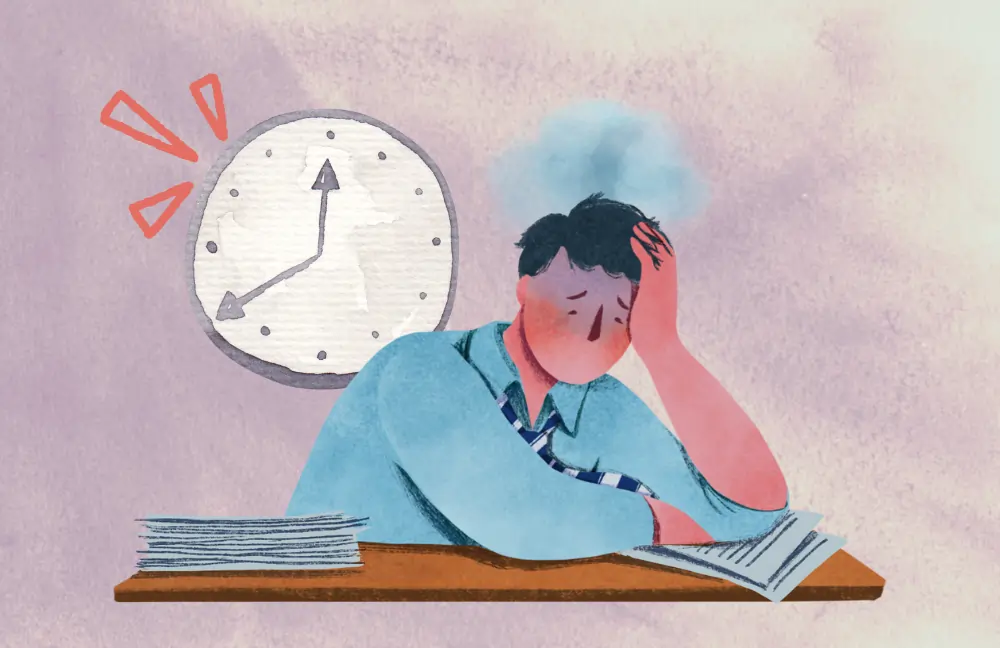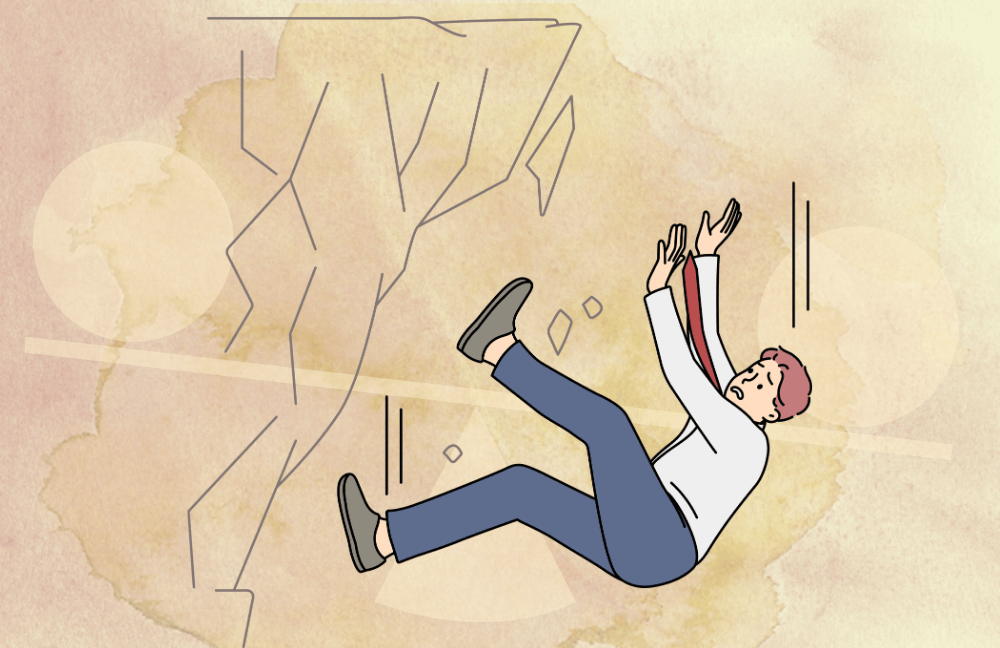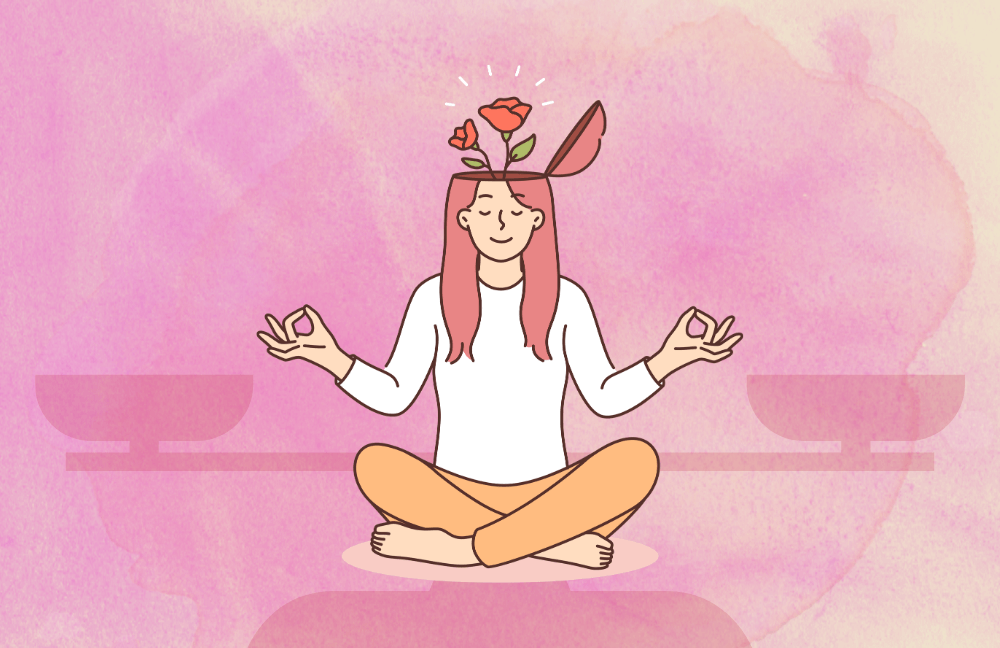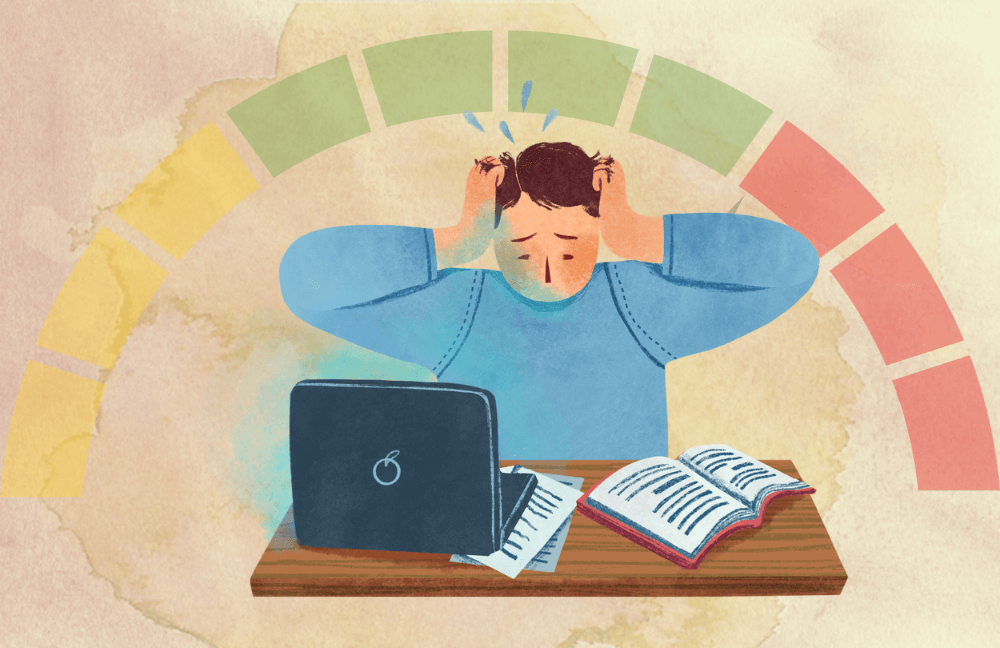
- Home
- About
- Book a Session
- Get Help
Personality
Relationships
Adult
Child
Schools
Corporates
- Do I need help?
- Trending
Emotional eating is the case when you consume food to fill the hollowness in your heart and not really an empty stomach. It’s frequently seen in bulimia nervosa and binge eating disorder. Hunger has nothing to do with food consumption then, and that is intriguing right? Why would you eat when you’re not hungry? It beats principles of human motivation.
We always do something with a purpose. Even charity which seems like it will benefit another and not you, has motivation – you feel happy when you do it. We all know that we study to establish a good career, work to earn a living, exercise to stay fit, and see the doctor to end some form of physical suffering or pain. So, why do we endlessly eat when it doesn’t serve the purpose of nourishment or the joy of eating anymore?
“Food was meant to fill an empty stomach. Not an empty heart. We mistakenly believe that food can fill the void of dejection and rejection. So, we eat mindlessly.”
- Shefali Batra
Consciousness about food is reflected in correct food choices, healthy portions, balancing the meal, working with varieties, regularizing meal timings and taking feedback from your body on how it reacts to different foods. A diabetic is conscious about the sugar content and he or she would adjust the insulin dose to match the need. Likewise, a person with high cholesterol might avoid fried foods but still eat yummy albeit low fat options. People are conscious and mindful about things they care about.
Food unconsciousness involves a complete loss of attentiveness on all of the above factors, and hence the purpose of eating gets defeated. It becomes aimless and often conditioned. Like sitting in a movie hall eating a bucket of popcorn. You do it because movie halls are all about popcorn and coke. It’s not the best food choice, is a wrong portion, isn’t a balanced meal, it could be boring (as it’s just a single item), and the body doesn’t feel good after eating that much.
None of this however comes to mind because it was all happening in a state of food unconsciousness. This is not toxic though, if it happens once in a while. But a consistent pattern is worthy of attention, as is the case in binge eating disorder and bulimia nervosa. It’s time to become conscious about food unconsciousness.

“Dear stomach, please get the logic right. You are bored or frustrated or anxious or maybe sad. But you are not hungry.”
- Shefali Batra
Nothing is an addiction at the outset. Not even dangerous drugs of abuse like alcohol, nicotine or LSD. Or the television, sex or food. What makes any behavior or choice addictive, is the reinforcement effect we perceive when we indulge in it. If your first ever inhale of tobacco smoke made you cough violently as if you were being smothered, like you were going to die, you would never smoke again. Or pathological intoxication with alcohol, when the first drink sends you into a frenzy of a headache, dizziness and a panic like state. Or an LSD bad trip. Likewise, the case with food. If any of these choices made you feel bad you would not repeat them.
But if (which happens all the time) these feel good or appease you even transiently, you feel like engaging in the behavior again. And again. Until it becomes so unconscious that now you participate in it without even thinking. We all love food because we love its taste. And we are tuned to enjoy it.
Take for example birthdays – they’re characterized by cakes. It would be great if a friend walked in to surprise you with a healthy salad on your birthday. But birthdays are conditioned to be about cakes. And you begin to love the idea of birthday cakes. You associate happiness with a cake. And emotional eating ensues. You need to modify these reinforcers. Because the cement is getting hardened and reinforcing wrong choices every day without you realizing it.
“When you overeat without apparent reason, you’re evading some important conversations with yourself. Start talking. And listening.”
- Shefali Batra





WhatsApp us